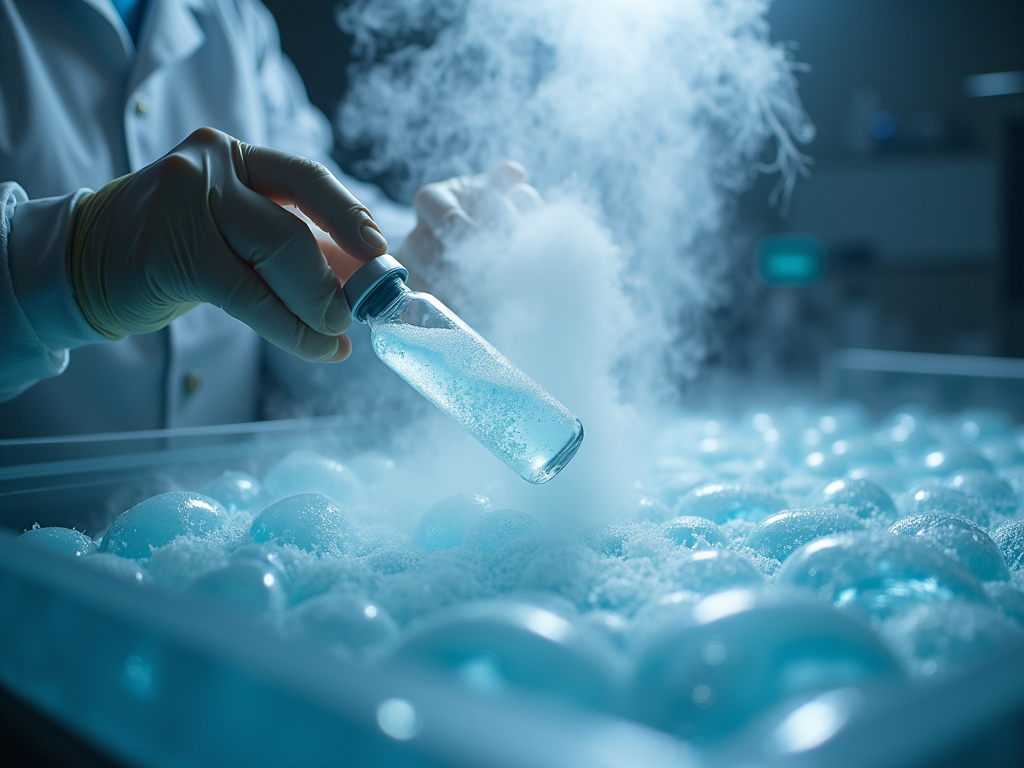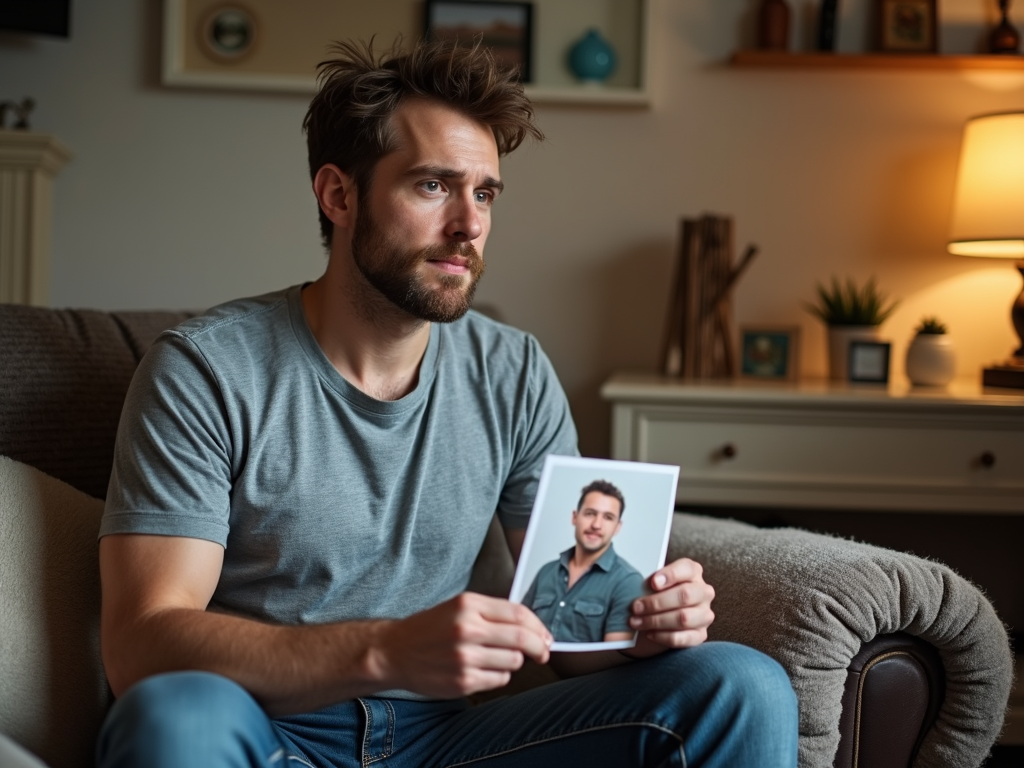Coping with Infertility After Cancer: A Comprehensive Guide
April 29, 2025, 8:09 a.m.
Coping with Infertility After Cancer: A Comprehensive Guide
Facing a cancer diagnosis is tough, and treatment can take a lot out of you. For many survivors, though, the challenges keep coming even after beating cancer. Infertility is one of the hardest side effects to face. If you’re dealing with this, you’re not alone. This guide will walk you through coping with infertility after cancer, offering practical steps and emotional support.
Here’s what we’ll cover: - How cancer treatments can impact your fertility - Options for preserving fertility before treatment - Ways to handle the emotional toll - Real stories from survivors like you
Whether you’re just diagnosed, in treatment, or years past it, this article is here to help you find answers and hope.

How Cancer Treatments Affect Fertility
Cancer treatments save lives, but they can also harm your ability to have kids. The impact depends on the treatment type, your age, and your health. Here’s a breakdown:
- Chemotherapy: Some drugs, like alkylating agents, can damage ovaries or testes. This might cause temporary or permanent infertility.
- Radiation: If it’s aimed near reproductive organs—like the pelvis for women or testes for men—it can lower fertility chances.
- Surgery: Removing organs like the uterus or ovaries stops natural conception.
The American Cancer Society says risks vary. Some women might stop having periods during treatment but recover later. Others lose fertility for good. Men might produce fewer sperm—or none—after treatment. Talk to your doctor early to understand your risks.
Fertility Preservation for Cancer Patients: What to Expect
You don’t have to give up on having kids. Fertility preservation lets you take steps before treatment to protect your future options. Timing is key—discuss this with your medical team right after diagnosis.
For women, options include egg freezing, embryo freezing, and ovarian tissue freezing. For men, sperm banking is common, and testicular tissue freezing is an emerging choice. Each method has its pros and cons, but they all aim to give you a shot at parenthood later.
Planning ahead can feel overwhelming, especially with cancer on your mind. But knowing your options helps you feel more in control.

A Guide to Egg Freezing: What You Need to Know
Egg freezing is a popular choice for women facing cancer treatment. Here’s how it works: Doctors give you hormones to boost egg production. Then, they retrieve the eggs and freeze them for later use. It takes about 2-3 weeks, which might delay treatment slightly.
It’s not a guarantee, but it’s a solid option. Costs can range from $5,000 to $10,000, though some insurance plans help. Success depends on your age and egg quality. Learn more about the process from this National Cancer Institute guide. It’s a big decision, but one that’s brought hope to many.
Fertility Preservation During Chemotherapy
Chemotherapy can hit fertility hard, but preservation offers a lifeline. For women, egg or embryo freezing happens before chemo starts. For men, sperm banking is quick and can be done in a day. If treatment can’t wait, ovarian tissue freezing might work—it’s fast and doesn’t need hormone prep.
Your doctor can adjust plans to fit your timeline. The goal is to act fast while keeping your cancer care on track. It’s a small step that can make a big difference later.

Options for Women
Here’s a quick look at fertility preservation for women:
| Method | How It Works | Pros | Cons |
|---|---|---|---|
| Egg Freezing | Eggs retrieved and frozen | Uses your own eggs | Takes time, may delay chemo |
| Embryo Freezing | Eggs fertilized, embryos frozen | Higher success rate | Needs sperm, more complex |
| Ovarian Tissue Freezing | Tissue removed and frozen | Quick, no delay | Experimental, less proven |
Each option suits different needs. Talk to your doctor to pick what’s right for you.
Options for Men
Men have simpler choices:
- Sperm Banking: You provide a sample, and it’s frozen. It’s fast, affordable (around $1,000), and effective.
- Testicular Tissue Freezing: Tissue is taken and frozen. It’s experimental but helps boys or men who can’t bank sperm.
Both methods keep future fatherhood possible. Ask your care team about local clinics to get started.

The Emotional Side of Infertility
Infertility after cancer can feel like a punch to the gut. You’ve fought so hard, and now this? It’s normal to feel sad, mad, or scared. Some days, you might grieve the family you pictured. Other days, you might feel hopeful.
Take Sarah, a breast cancer survivor: “I was so focused on surviving that fertility didn’t hit me until later. When it did, I felt robbed. Talking to others helped me process it.” Her story shows how common these feelings are—and how support makes a difference.
Coping Strategies That Work
You can get through this. Here are some ideas:
- Find Your People: Join a support group—online or in-person—for cancer survivors or infertility.
- Talk It Out: A counselor can help you sort through your emotions.
- Look at Options: Adoption or surrogacy might be your path to parenthood.
- Stay in the Loop: New fertility treatments pop up all the time. Keep learning.
- Be Kind to Yourself: Rest, do what you love, and let yourself feel what you feel.
It’s not about “fixing” it overnight. It’s about finding your way, step by step.

Real Stories, Real Hope
Meet Emily: “At 25, leukemia flipped my world. Freezing my eggs was tough, but now I’m cancer-free and planning my next steps.” Then there’s Mark: “Testicular cancer hit me hard, but sperm banking worked. We’re expecting soon.” And Lisa: “I couldn’t preserve anything, but adoption’s my light at the end of the tunnel.”
These survivors show there’s no one path. What ties them together is strength—and a belief in tomorrow.
Wrapping Up
Coping with infertility after cancer isn’t easy, but you’ve got options. Fertility preservation can open doors before treatment. Support and self-care can lift you up after. You’re tougher than you know, and there’s a community here for you.
Keep exploring, keep talking, and keep hoping. You’ve already beaten cancer—now it’s about building the life you want.